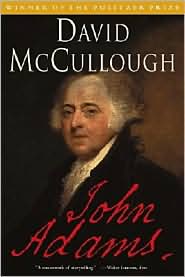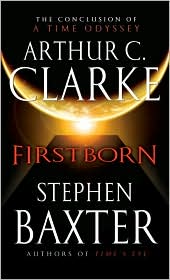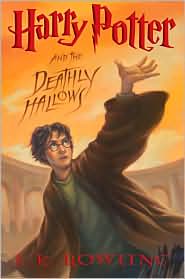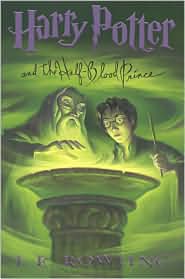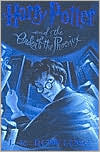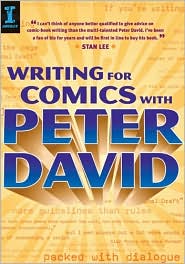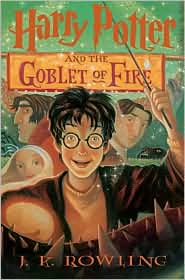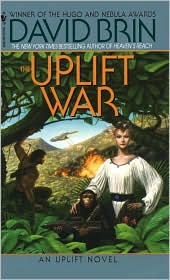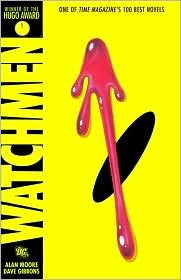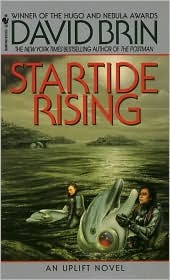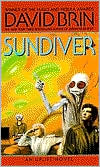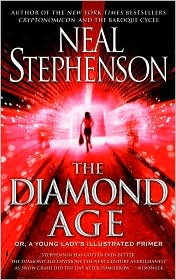in short order.
It’s good to get back to old reading speed after a hiatus.
in Columbia I believe.
I was there with a couple friends.
by Brin and I looked to see if they had it.
instead.
It helped me remember Brin’s name, and I was curious about after haven seen the movie.
” movie, Kevin Cosner’s other post-apocalyptic movie.
at all, though I didn’t think it deserved the roasting it got.
Anyway I’m going to ramble on about the book for probably longer than it deserves.
Hmm. I’m having a bit of trouble thinking about this book. I want to say much about it, but I don’t want to give too much away. I’m going to try to not spoil anything. Luckily the details are what were the most enjoyable; even though the expected outcome is probably know well ahead of time. If you want to be safe from spoilage, then skip to the last paragraph.
I realize now that this is going to be long. As a prelude I offer two “sayings” I guess. One is “If you tell a lie long enough, you may come to believe it yourself.” And second, “If you tell a lie with enough hope, it can become the truth.”
The book is copyrighted in ’85, to give a little perspective on when it was written. The story is about one Gordon Krantz. It’s after the fall of large scale civilization. Information about the fall is doled out throughout the novel. It’s been thirteen years since the DoomWar. After the extravagance of the 80’s came a recession, that sparked a growth of extremist groups, primarily the survivalists of the west and the mystics of the Asian continent. The recession seemed to have been fought back and the US was on the road to prosperity again. Then the East lost control of some of their nukes, and they were let fly. The US responded in kind, but somehow restraint was maintained. Only the major cities were destroyed, and the detritus in the air caused a winter of 3 years rather than the decades a whole-scale nuclear conflict would have caused. The EMPs and radiation destroyed communication and collapsed the network of interdependency that the US had developed. Militias, one containing Gordon Krantz, guarded huge silos filled with grain in the Midwest while cities in the east starved. The cities had large supplies of medicines while the farmers died of rampant disease. There was no coordination possible.
If it were merely the bombs many may have survived, but the east had also lost control of biological weapons. Diseases unlike any ever seen, or at least not seen in any modern times, ravaged the population as many more starved in the three year winter. However, even this subsided, and order might have managed to gain another foothold, but for one final plague. The survivalists with their hoardings of food and massive amounts of ammunition came out of their hiding places. Many followed the teachings of one Nathan Holn who promoted the idea of a survivalist, misogynistic, and violent way of life. They ravaged the barely surviving towns and peoples. They killed and destroyed everything they could not enslave. They are the one thing rival towns and peoples rallied together to fight. By the book most survivalist groups have been destroyed save for a few small groups spread around and one large group in southern Oregon, but the damage has already been done.
That’s where the book begins. Gorgon has been on a long trek West looking for some place where someone is trying to make civilization again, “Taking Responsibility” as he calls it. He has been working his way as a minstrel. He does renditions of MacBeth, Lincoln’s speeches, etc for food and shelter. He’s bushwhacked by a small group of survivalists who take almost all his clothes and possessions. Being in the mountains approaching winter, it means certain death. He chases after them, but looses the trail and stumbles upon the catalyst for the story, a jeep with US Post Office on it. Gordon hides inside for the night, the next day he takes the uniform to replace his lost clothes, what supplies are in the jeep, and some letters to pass the time. From the postmark Gordon realizes the Postman died 2 years after the Doom War. He had never heard of anyone holding on to a remnant of civilization for that long after the war.
Gordon comes to Pine View where does his song, dance, and overacting performance, but something peculiar happens. He tells the town that he found the Postman’s uniform, but most of the town takes to believing he’s actually a Postman. For some reason they don’t get that he just salvaged the uniform. They even ask if he will take letters with him when he heads West. He doesn’t want to upset the nice townspeople that helped him, so he agrees. The seed is planted. At the next town Gordon is shot at and has a find of supplies taken. He conceives a plan to use the uniform to his advantage. He forges documents and with bravado approaches the palisade as a official Postal Inspector for the Restored US Government. The bluff is almost lost until he goes through the Pineview letters and finds one for whom the recipient is still alive. The lie is born.
Gordon continues West. He perpetuates the lie and becomes quite adept at it. He co-ops the cynics, usually the smartest of the towns, and appoints them postmaster for the town. They even set up courier services with the previous towns he has visited. He hands out “official” edicts from the government with guidelines that he created from seeing the worst of what the towns would eventually degrade to. His rules head off slavery, generational servitude, degradation into feudalism, and mandates elections for town leaders. And the damned thing works. Gordon keeps working his way through Oregon using the Postman uniform to gain entry into towns and get supplies. He keeps looking for someone who has tried to rebuild civilization, the one taking responsibility.
The he hears a familiar sound and finds children playing with a portable video game. He goes in search of this Cyclops that is supplying these and other small electronics. On the way he finds a band of survivalists, a possible scout party for an invasion force. He rushes towards where he thinks Cyclops is with hope and warning. He had hoped to leave the uniform behind if Cyclops was even half what he hoped, but that dream would die when he had to use the old lie to try to warn the people. He meets Cyclops, the last sentient supercomputer from before the war, but something isn’t quite right. He tries to leave, but his conscience makes him return to help fight the survivalists.
I’ll leave the story at that. It’s probably much too much detail, but it’s already written. No sense going back over it.
As with most books this is much better than the movie. It’s odd on the B&N site some reviewers preferred the movie. I’ve read a few post apocalyptic novels, and I usually like the ones that cover the attempts at recovery rather than just survival or covering what caused it. I like following Gordon as he spreads his lie in an attempt to survive and becomes the very thing he has been searching for. There are also some interesting ideas that Brin adds. I like that he made the collapse of civilization a series of disasters, the last of which being stupid people. There’s the recurring theme that there are two types of men. Nathan Holn said they were the weak and the strong, the servants and the masters. Dena said it was the monsters and the heroes, the battle hungry and the reluctant fighters. The final conflict revolves around just that. Then there are the interesting ideas that the feminists are developing, which seem to be highly influenced by Lysistrata. One of them blames lack of intervention by the women for the fall of civilization. They believe that men can do both great and horrible things, and that it is the responsibility of the women to cull the bad seed and be responsible for the men they create. Anyway, it’s interesting to read.
So I highly recommend this one to anybody that likes post-apocalyptic or future science fiction novels. It read pretty quick and drew m through the story pretty well. Now back to Benny, which I find appropriate considering he essentially created the modern postal system that helped unite the original colonies.








